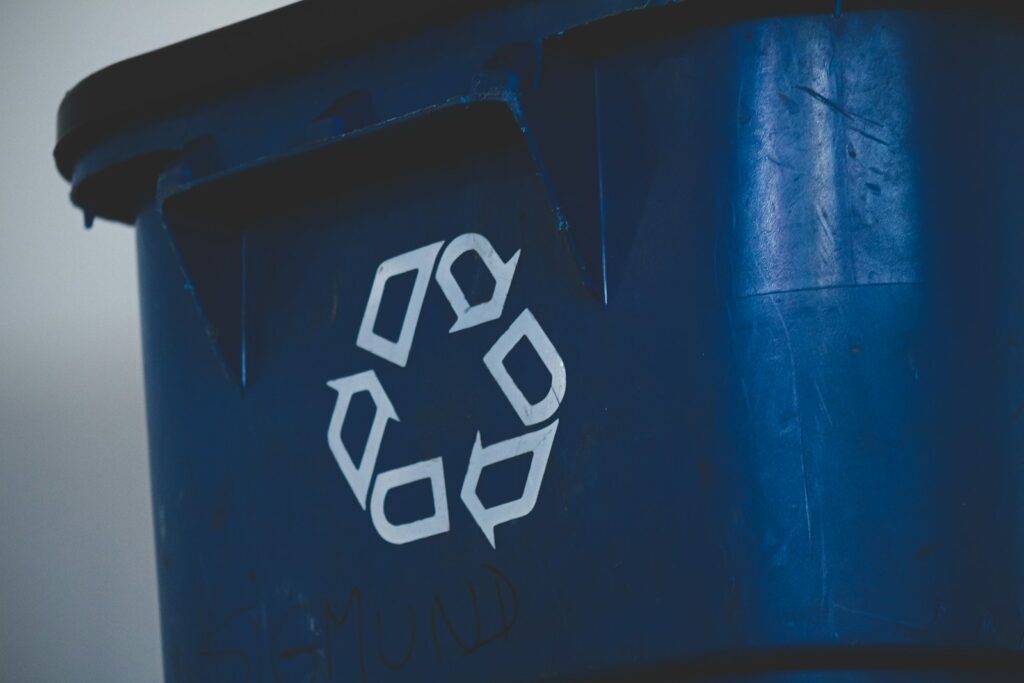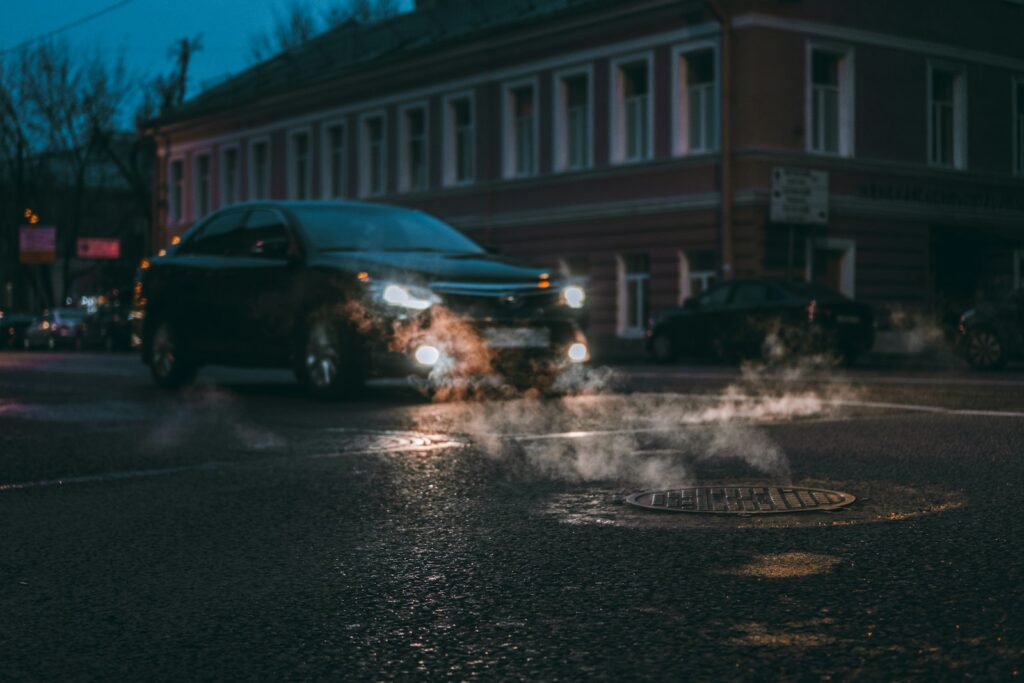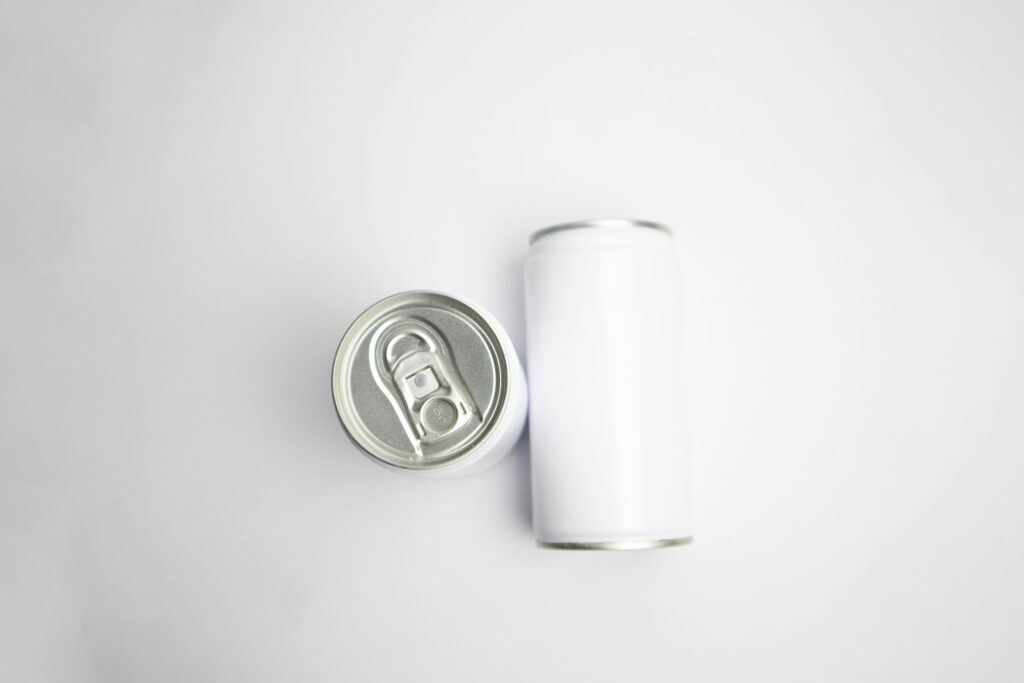The Government has announced plans to introduce a deposit return scheme in a bid to curb the number of plastic bottles going to waste.
The environment secretary, Michael Gove, today confirmed the Government is set to launch a consultation on introducing such a scheme in England later this year.
According to the Government, the consultation will take into account the views of producers, suppliers and consumers to ensure that any deposit return scheme works across the country.
Earlier this month, the chancellor, Philip Hammond used his Spring Statement to promise a public consultation on a new tax system that will aim to cut the use of single-use plastics in the UK.
And at the beginning of the year, the prime minister Theresa May pledged to eliminate avoidable plastic waste.
In October last year, a study by consultants Eunomia, claimed introducing deposit return schemes for beer cans and soft drink bottles in England could help save local authorities £35m.
‘We can be in no doubt that plastic is wreaking havoc on our marine environment – killing dolphins, chocking turtles and degrading our most precious habitats,’ said Mr Gove.
‘It is absolutely vital we act now to tackle this threat and curb the millions of plastic bottles a day that go unrecycled.’
Protecting kerbside collections
The Local Government Association’s environment spokesman, Cllr Martin Tett, said if the Government’s proposals are to be successful, it is essential they ‘work alongside kerbside recycling’ and are not seen as an alternative to it.
‘The forthcoming consultation should ensure that these new proposals do not impact on local recycling,’ said Cllr Tett.
‘With various pressures affecting kerbside recycling, from China’s recent decision to not take waste from this country to funding pressures affecting all of local government, this consultation is an opportunity to renew our relationship with recycling and ensure kerbside collections are put on a firm financial footing,’ he added.
Working with other policies
The Environmental Services Association (ESA) welcomed today’s announce, but warned any deposit return scheme would have to work with other recycling policies.
‘The biggest priority for the recycling industry remains greater support for end markets for recycled materials,’ said ESA executive director, Jacob Hayler.
‘There is no point recovering all this material if there is nowhere for it to go, and particular consideration is needed for material left to be collected at the kerbside if a deposit return scheme system is introduced.
‘Targets for recycled content in products and packaging would provide a welcome boost for the sector and would enable us to recover more value in the UK whilst reducing our dependence on overseas exports to recycle the rubbish we throw away each year.’
Watershed moment
The Campaign to Protect Rural England (CPRE) hailed the announcement as a ‘landmark’ in the war against litter and waste.
‘This landmark announcement is the breakthrough we have been waiting for,’ said CPRE president, Emma Bridgewater.
‘CPRE have been campaigning for the introduction of a deposit return scheme for almost 10 years – it has been a long battle, but this significant victory is an enormous leap forward in the war against waste,’ she added.
‘Our countryside, oceans and wildlife have long since been the victim of our obsession with single-use bottles and cans, with the UK producing billions of them year after year. Many end up damaging our natural environments and killing our wildlife – and is also a shocking waste of valuable materials. The proven success of DRS in other countries means that now most of these bottles and cans will be captured and recycled – we congratulate the government on their decision.’
Technology is key
The software business development manager at software and technology firm Yotta, Steve White, commented: ‘The planned consultation regarding the deposit return scheme has plenty of potential but the detail must be considered within the wider context of impact on council collection schemes, recycling targets, producer responsibility and end markets for our recycling. It must be implemented as part of a general education to the nation focusing on the benefits that such a scheme could deliver.
‘One example would be improving the quality of the UK’s streets, green spaces and public areas. You would expect less plastic bottles and cans to be littered because there is now a financial benefit attached to those items. However, convenience to the public is a fundamental part of ensuring that this potential scheme works, a good example of this would be bottle deposit points near green spaces will be vital because you cannot rely on everyone to return to retailers to claim their deposit.
‘Technology will also play a key role in making sure the scheme remains effective. Placing sensors in the reverse vending machines, underground bin stores or however the returned items are collected will ensure collections are made on an optimal basis and is key. This IoT technology can then play into a wider connected network, not just across the collections themselves but also across other public realm services.
‘It is important to understand how the plans might affect other areas of a local authority’s services, such as reducing the strain on the litter removal elements of street cleansing, highways maintenance and green spaces services. Other countries have made deposit return schemes very successful so there is no reason why the UK can’t learn from those examples to give the proposed scheme the best chance of fulfilling its potential.’
















